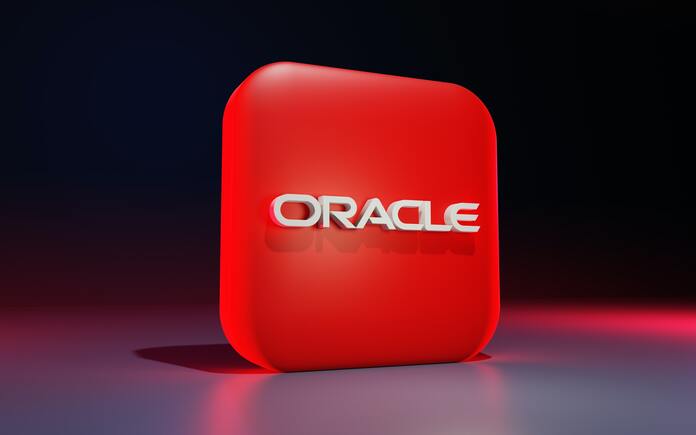Oracle (NYSE:ORCL), the enterprise software giant co-founded by Larry Ellison, has seen its stock decline by nearly 5% in the past month, despite heavy investments in AI. The company’s pursuit of AI-driven innovation has not yet translated into the stock performance that investors had hoped for. The natural question arises: why is this the case?
The primary reason for the stock’s decline can be summarized as follows:
Monetizing AI takes more time than initially anticipated. According to Pat Walravens, an analyst at Citizens JMP Securities, this is a common theme in the tech industry. The history of technology adoption has shown that realizing substantial returns from AI investments often requires patience.
Oracle’s fiscal 2024 Q1 results demonstrated an 8.7% increase in revenue year-over-year, a notable decline from the 18% growth it achieved in the same period in 2022. The company has been integrating generative AI features into its Software as a Service (SaaS) offerings while building data centers to provide the computational power required for AI models. However, these efforts haven’t yet been reflected positively in its financial figures.
Jamie Meyers, an analyst at Laffer Tengler Securities, pointed out that although the AI hype has staying power, the significant capital expenditure required to ramp up AI products negatively impacts free cash flow. This, in turn, affects the company’s near-term valuation but is seen as a tradeoff for achieving higher long-term growth.
Despite the challenges, Oracle has faced increasing demands for its services, including cloud computing. However, like many other companies, it’s struggling to secure enough Graphics Processing Units (GPUs) to build its cloud infrastructure. Additionally, Oracle’s $28 billion acquisition of medical records company Cerner has presented its set of challenges, including transitioning from licensing to a cloud-based subscription model.
The integration of Cerner into Oracle has been challenging, and its ten-year, $16 billion contract with the Department of Veteran Affairs has experienced glitches and re-negotiations.
Nonetheless, Oracle is not in a dire situation. The company’s investments in AI and healthcare are expected to pay off, but the key question is when and how well they execute these initiatives.
Some analysts believe that the recent decline in Oracle’s stock may represent a buying opportunity. While there may be short-term challenges, Oracle is viewed as trading at a relative discount to its peers, considering its growth potential and outlook for 2024.
John DiFucci of Guggenheim, who rates Oracle as a buy, sees the company as a potential beneficiary of the generative AI boom, emphasizing that massive data and computing power in the Cloud are essential for running AI workloads.
Investors will have to wait to see the results of Oracle’s AI investments, with AI revenue expected to ramp up significantly in fiscal year 2025, according to Jefferies analyst Brent Thill.
In the meantime, the critical question remains: when will Oracle be able to secure enough Nvidia GPUs to fulfill the backlog of AI orders? Will other players like AMD step in to alleviate the GPU shortage and help Oracle break this logjam?
Featured Image: Unsplash















